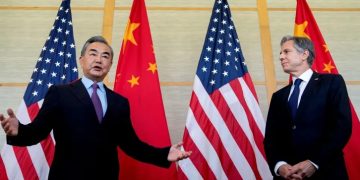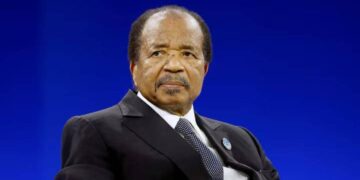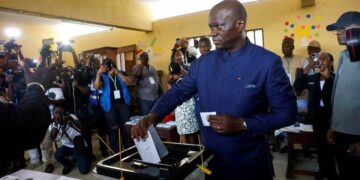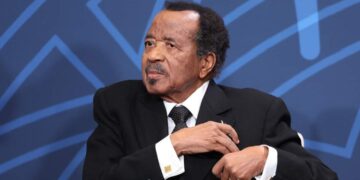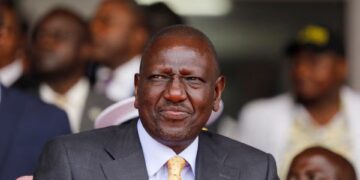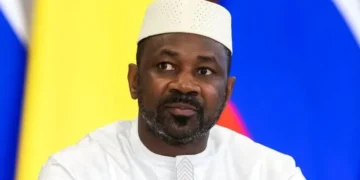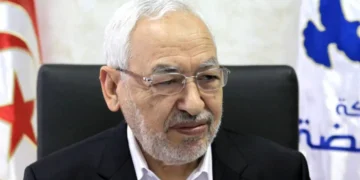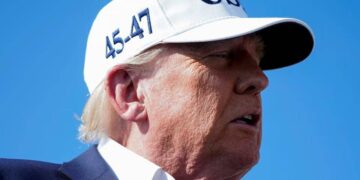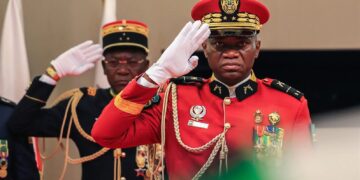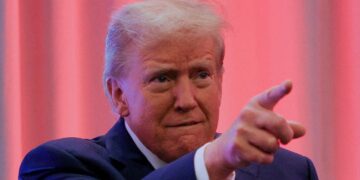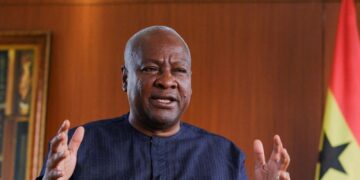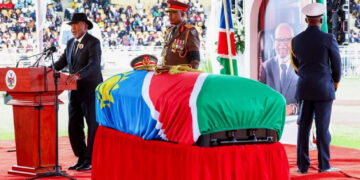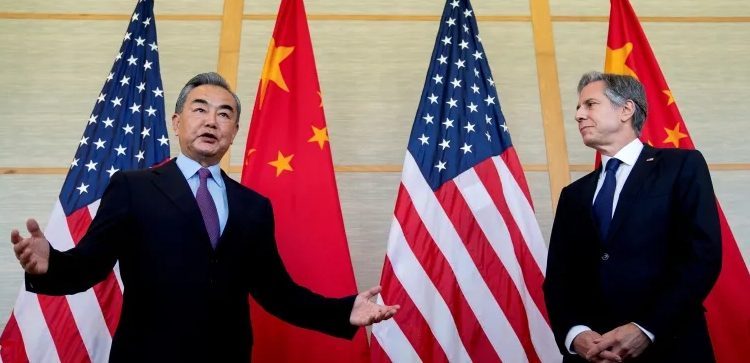By Enyichukwu Enemanna
US Secretary of State Antony Blinken late Saturday met with top Chinese envoy, Wang Yi where he warned Beijing against providing “lethal support” for Russia’s invasion of Ukraine and condemned what he sees as violation of United States airspace by an alleged Chinese spying balloon.
The two senior officials met on the sidelines of a global security conference in Munich, Germany, just hours after Wang condemned Washington as “hysterical” in a running dispute over the decision of the United States to shoot down a suspected spy balloon from China.
Blinken also blamed Wang for the refusal of Beijing to apologise over the violation of the US airspace with the spy balloon, downed on the order of President Joe Biden a development that has further strained the relations between both countries.
The diplomatic row also came at a time when the US and the EU are closely watching Beijing’s response to the Ukraine war.
In an interview aired on Sunday morning on NBC News’s “Meet the Press with Chuck Todd,” Blinken said the US was very concerned that China is considering providing lethal support to Russia and that he made clear to Wang that “would have serious consequences in our relationship”.
“There are various kinds of lethal assistance that they are at least contemplating providing, to include weapons,” Blinken said, adding that Washington would soon release more details.
Speaking to reporters in a briefing call, a senior State Department official said China was trying to “have it both ways” by claiming it wants to contribute to peace and stability but at the same time taking “concerning” steps to support Russia’s invasion of Ukraine.
“[The] secretary was quite blunt in warning about the implications and consequences of China providing material support to Russia or assisting Russia with systematic sanctions evasion,” the senior official said, speaking on the condition of anonymity.
Russia and China signed a “no limits” partnership last February shortly before Russian forces invaded Ukraine, and their economic links have boomed as Moscow’s connections with the West have shrivelled.
The West has been wary of China’s response to the Ukraine war, with some warning that a Russian victory would colour China’s actions towards Taiwan. China has refrained from condemning the war or calling it an “invasion”.
Earlier, speaking at a panel at the conference, Wang reiterated a call for dialogue and suggested European countries “think calmly” about how to end the war.
He also said there were “some forces that seemingly don’t want negotiations to succeed, or for the war to end soon,” without specifying to whom he was referring.
“I told him quite simply that that was unacceptable,” Blinken said, referring to the balloon’s violation of US air space, adding that he had not discussed with Wang rescheduling his trip to China.
China reacted angrily when the US military downed the 60-metre (200-ft) balloon on February 4, saying it was for monitoring weather conditions and had blown off course. Washington said it was clearly a surveillance balloon with a massive undercarriage holding electronics.
Speaking earlier on Saturday, Wang had condemned the US reaction to the balloon as “hysterical and absurd”.
“To have dispatched an advanced fighter jet to shoot down a balloon with a missile, such behaviour is unbelievable, almost hysterical,” he said.
